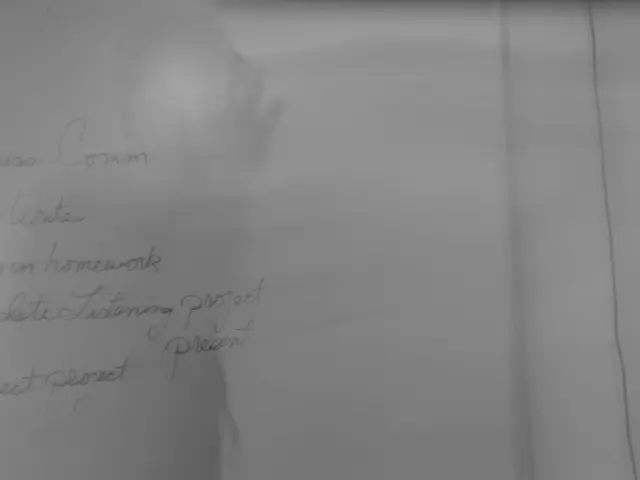A Looming Cyber Threat: The unwanted Russian meddling in Poland's Elections
Russia allegedly meddled in Poland's presidential election, according to Polish claims.
In an unexpected turn of events, the Vice Prime Minister and Minister of Digitalization of Poland, Krzysztof Jawkowski, has announced an audacious Russian attempt to intrude in the country's upcoming presidential elections. This revelation, originally reported by Reuters and European Truth, has sent shockwaves through the nation.
Poland, serving as a crucial logistics hub for aid to Ukraine, has found itself at the heart of a maelstrom of Russian cyberattacks and disinformation campaigns. Jawkowski painted a grim picture at a defense conference, stating that the Russian interference is taking place through the dissemination of disinformation in tandem with cyberattacks on Poland's critical infrastructure with the primary objective of impeding the smooth functioning of the state.
The minister revealed that these attacks have focused on essential facilities such as water supply systems, combined heat and power plants, energy supply objects, and government administrative bodies. A dramatic escalation since last year, Poland is now witnessing over ten incidents targeting critical infrastructure every minute, as per Jawkowski.
In light of this escalating threat, the Polish government has promptly vowed to reinforce internet security and is actively negotiating with social media platforms, anticipating a surge in cyberattacks prior to the presidential elections. Notably, this is not the first instance of foreign cyber intrusion; Polish Prime Minister Donald Tusk's party, "Civic Platform," was targeted in a previous cyberattack. At that time, Jawkowski confirmed that the attack originated from groups within Russia and Belarus.
While concrete data on similar attempts in the 2023 elections is scarce, the disturbing pattern of Russian interference in Poland's electoral process is undeniable—especially in the context of the upcoming 2025 presidential election.
Data on the 2025 election reveals an alarming rise in Russian cyberattacks and disinformation campaigns, with Poland experiencing upwards of 50 instances of attacks per minute, primarily targeting critical infrastructure like water utilities, thermal power plants, energy supply facilities, and government administration bodies. This is a significant escalation from the previous year.
Disinformation has also played a pivotal role in this cyber warfare, with Russian agents disseminating false news through fake sites resembling major outlets like CNN and offering financial incentives to spread misleading information about the elections. The ultimate goal appears to be destabilizing Poland's electoral process and potentially swaying public opinion, capitalizing on pro-Russian or nationalist sentiments among some candidates.
Poland's response strategy remains shrouded in secrecy, but the increased awareness and reporting on these attempts suggest an active effort to counter these threats. With Poland being a key ally to Ukraine and a member of NATO and the EU, international cooperation on cybersecurity and information sharing is likely to play a significant role.
Ultimately, Poland's continued focus and vigilance in the face of these cyber threats underscore the importance of a secure, fair, and transparent electoral process. The nation must remain united and resolute in the face of adversity. After all, the sanctity of the ballot box demands nothing less.
- Amidst heightened concerns over cybersecurity, the Polish government is working tireloessly to strengthen its internet security, as reported cyberattacks on critical infrastructure by Russian entities continue to increase.
- The escalating cyber warfare in Poland, marked by disinformation campaigns and attacks on technology like energy supply objects, combined heat and power plants, water supply systems, and government administration bodies, has brought cybersecurity to the forefront of general news.
- In the realm of politics, the ongoing cyberattacks are a matter of serious scrutiny, considering the potential implications for war-and-conflicts, given Poland's role as a crucial logistics hub for aid to Ukraine.








